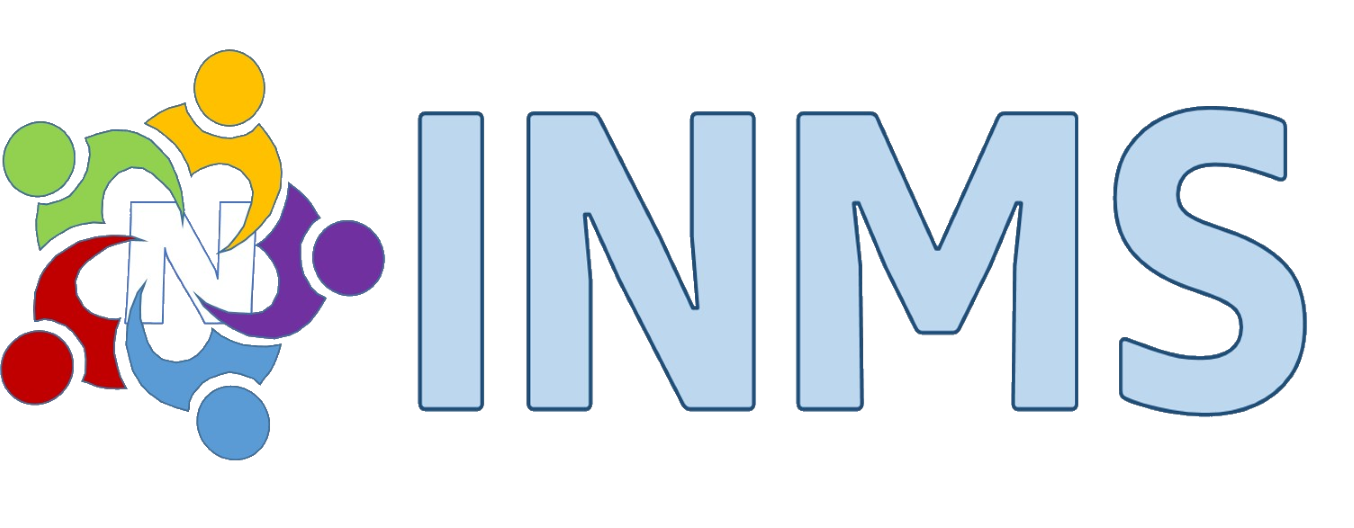Meeting Information
The overall aim of the South Asian demonstration under INMS is to collect all the available information on reactive nitrogen to quantify the overall N budget for the region. The work program involves collation of data on reactive N usage and/or its leakages from the national, state and even higher levels in order to broadly identify the most N-polluting sector(s) and region(s). Trends will be identified from the available data and the technologies and practices in widespread use will be documented as case studies. Knowledge dissemination to stakeholders will result in better N use and management and better N end-usage.
The objectives of this workshop were to:
- Raise awareness among the relevant stakeholders about the consequences of excess reactive nitrogen in coastal and marine system;
- Develop capacities for gathering all the available information on reactive N to quantify the overall N budget from the source of auricular activates, industrial effluents, domestic waste to the marine and coastal waters;
- Share experiences among the member counties regarding nitrogen management in South Asian Seas (SAS) region;
- To understand the existing intervention at government level on reactive nitrogen management and receive handholding of the respective country government to introduce scientific information management at a policy level.
Being the most populous and the fastest growing region of the world with a distinct socio-economic, cultural and climatic profile, a better quantification of the reactive N scenario in the South Asian region is very essential for a more accurate understanding of the global N-cycle as well as for the development of a realistic International N Management System. The South Asian region also offers a tropical testing ground for the assumptions made on the basis of Western experience, and the adoption of more informed means of estimating the region’s N-budget as well as its contribution to the global N-budget. The development/demonstration of local capacity for N-cycle assessment could catalyze better regional cooperation and future global engagement at the scientific and policy levels in reactive N management.
